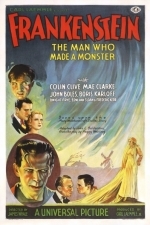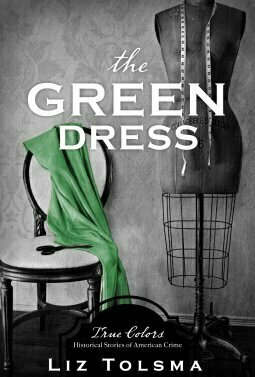
Lucknow Ransom
Book
Beautiful widow Joan D'Silva is at Howrah Station, fleeing Calcutta with her 11-year-old son Errol....
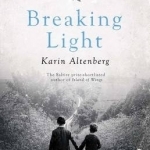
Breaking Light
Book
Steeped in its bleak and beautiful landscape, Mortford is a place of secrets and memories: of bitter...
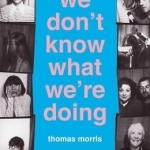
We Don't Know What We're Doing
Book
A young video shop assistant exchanges the home comforts of one mother-figure for a fleeting...
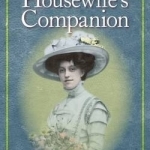
An Edwardian Housewife's Companion: A Guide for the Perfect Home
Book
'La Belle Epoch' - Edward VII's reign from 1901 to 1910 - is often seen as a time of endless summers...
Awix (3310 KP) rated The Avengers - Season 5 in TV
Oct 22, 2020
However, not quite up to the standard of the previous year - the show now seems pitched towards the American networks, hence the move to rather garish colour, and it's often much more knockabout as a result. The fact that most of the episodes are written by either Philip Levene or Brian Clemens also results in a certain reliance on formula - the show even resorts to remaking some of the earlier videotaped stories to avoid having to come up with brand new scripts. However, episodes like The Hidden Tiger and Epic still stand up as well as anything in the run of the series.
Awix (3310 KP) rated Frankenstein (1931) in Movies
Jan 20, 2021
Some parts of this film stand up remarkably well 90 years on: the sets, the direction, some of the performances (Karloff is obviously excellent, Colin Clive perhaps doesn't get the props he deserves); it's quite atmospheric. On the other hand, making the Creature mute removes any possibility of discourse between him and Frankenstein (which is really the heart of the novel) - this is a cautionary gothic melodrama without much interest in exploring the ideas that underpin Mary Shelley's work. Still, obviously, a massively influential movie, and well-done for what it is.
Lindsay (1793 KP) rated The Green Dress (True Colors #6) in Books
May 27, 2020
Harriet seems to bring in a Dr. Weaton. She moved into the Robinson family household but things seem to happen more once Lizzie passes away. But we do not know who it is. As the story goes on and more death occurs. The suspicions rise. Who is killing the Robinson family members and why?
The author does a wonderful job of having you trying to figure out the culprit. You get a history of some of the members. What a way to show some true colors in some folks. This story has you wanting to turn the pages and rooting for the heroes to save the day. You are pulled in emotionally as well. I was guessing Dr. Beers or even Mrs. Robinson. Can Michael and Harriet save the Robinson family members or will it all go bad?

Madame Zero
Book
From one of the most accomplished British writers working today, the Man Booker Prize-shortlisted...
Fiction

Transition
Book
A world that hangs suspended between triumph and catastrophe, between the dismantling of the Wall...

Scavengers
Book
The year is 2088. A virus has killed countless people and the world swelters in a relentless heat...

